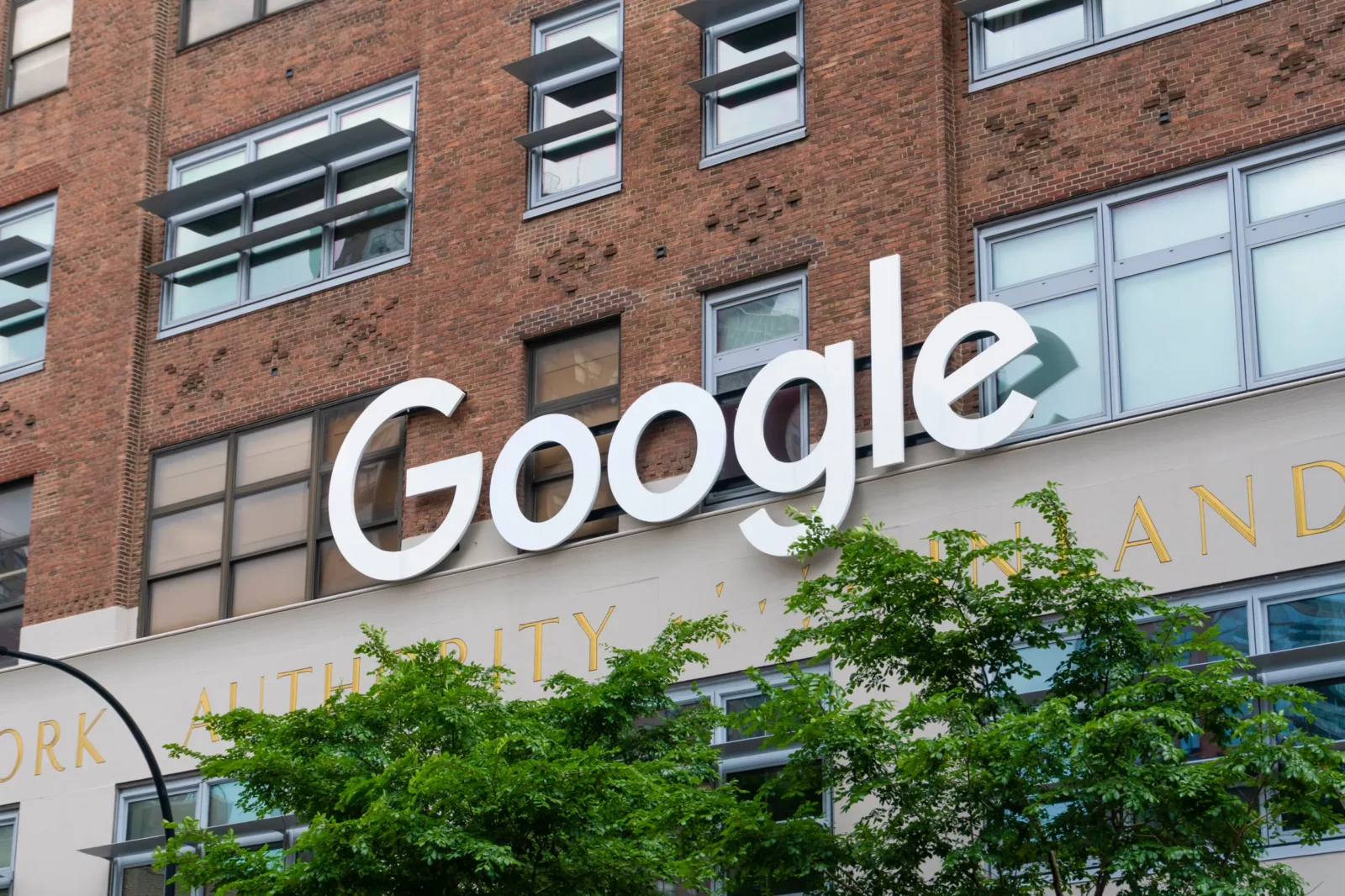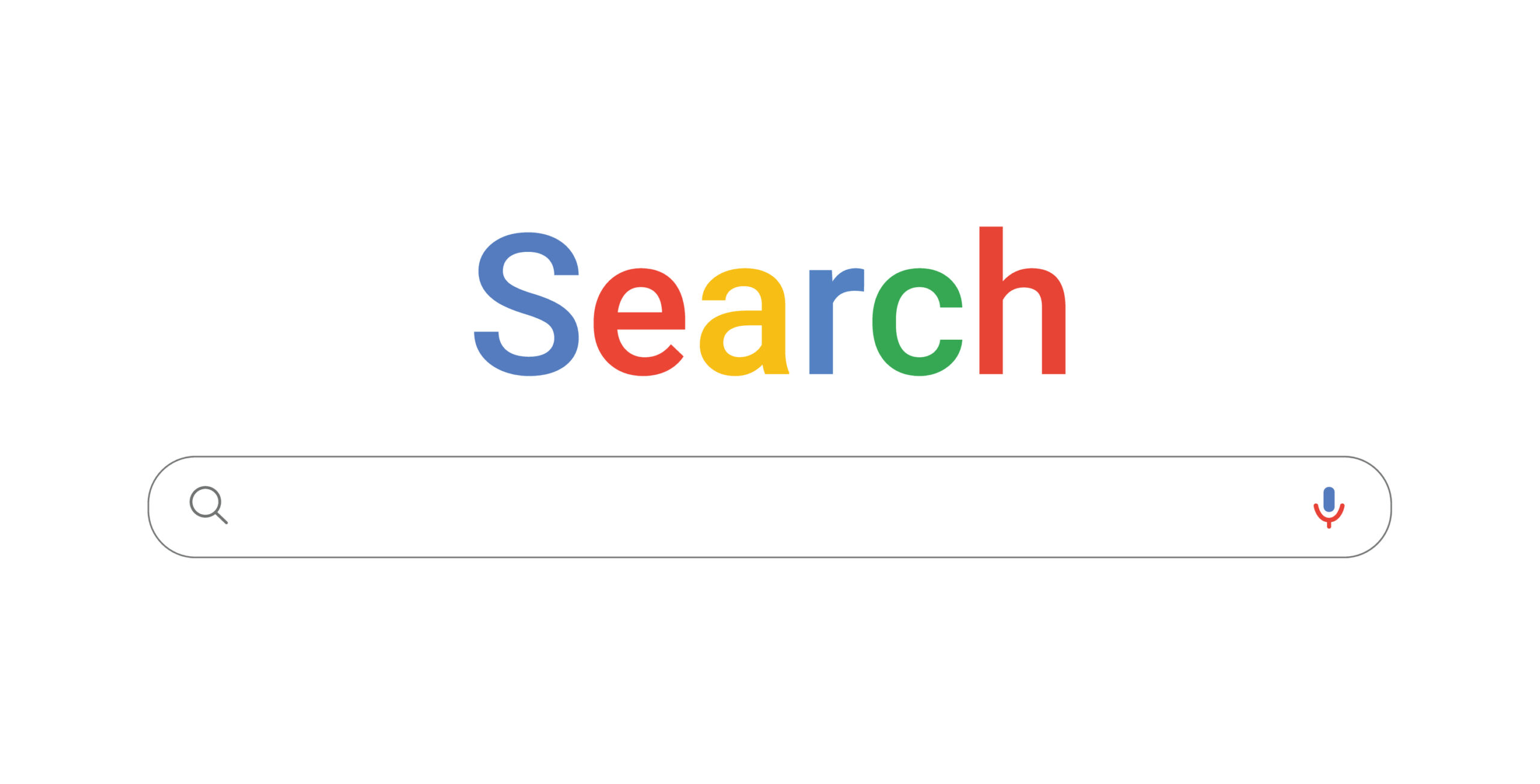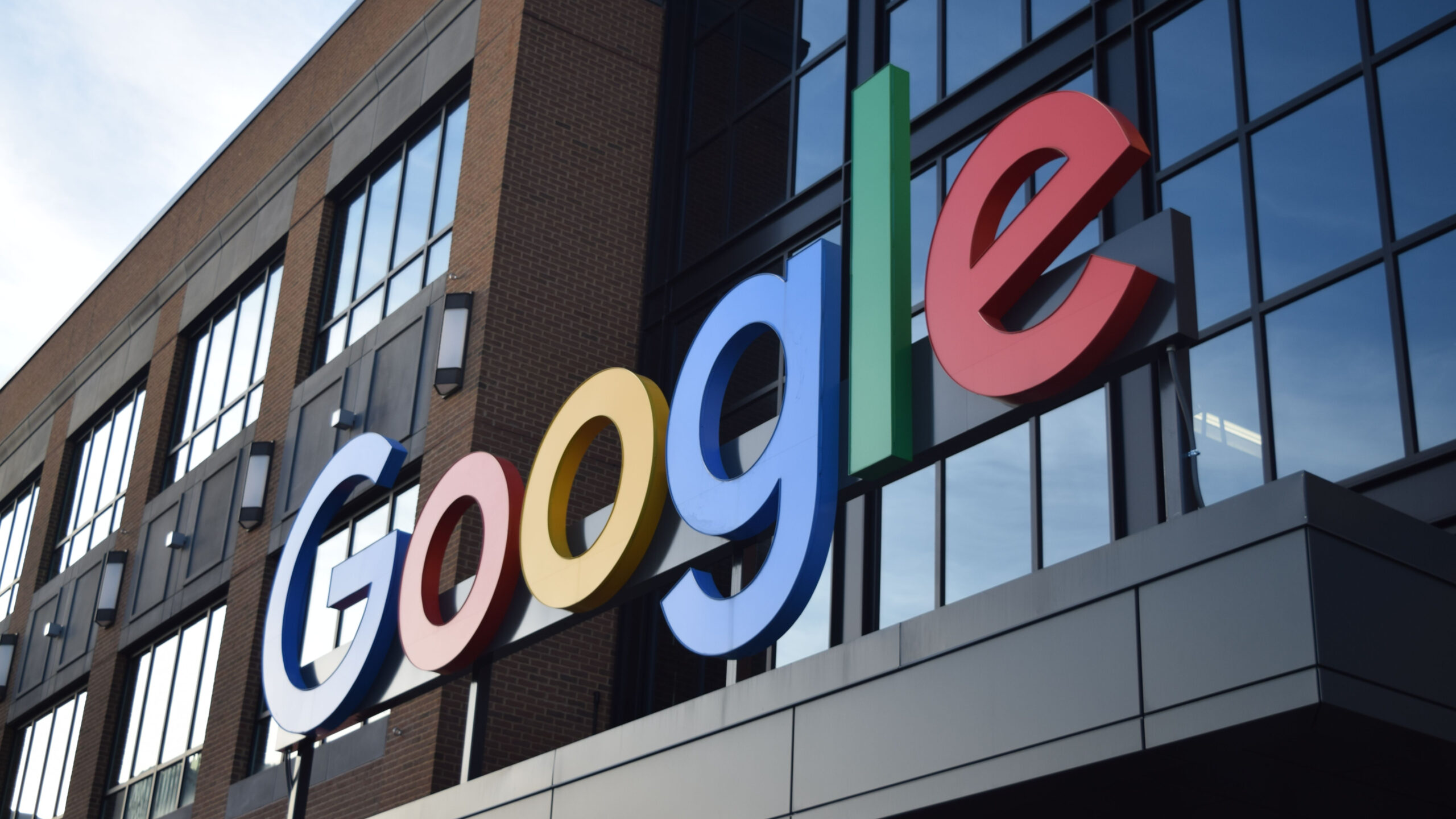Interfaces on Trial 3.0: Google v. Oracle America and Beyond

The final version of my book Interfaces on Trial 3.0: Google v. Oracle America and Beyond is now available for free download here. This updated version includes an extensive discussion of the Supreme Court’s April 5, 2021 decision in the case, especially its impact on software interoperability.
This is the third volume of a history of the global legal debate concerning copyright and competition in the software industry. The debate has centered on two related issues. First, does copyright protect the elements of computer programs necessary to achieve interoperability? Second, to the extent that those elements are unprotectable, can copyright law nevertheless prevent the incidental copying necessary to uncover those unprotectable elements?
In 1995, I coauthored the first volume, Interfaces on Trial 3.0: Intellectual Property and Interoperability in the Global Software Industry (“Interfaces on Trial 1.0”), with Masanobu Katoh. This volume is available here. At the time we published Interfaces on Trial 1.0, we thought that the interoperability debate was largely over. In the United States, several appellate decisions had established that copyright did not protect interface specifications nor prevent the reverse engineering necessary to determine the interface specifications. Further, the European Union had adopted a software directive that required member states to enact exceptions permitting reverse engineering for the purpose of achieving interoperability.
However, contrary to our expectations, the interoperability debate continued. This continuation of the debate between 1995 and 2010 is chronicled in our second volume, Interfaces on Trial 2.0, available here. This book focused on interoperability-related effects of the Digital Millennium Copyright Act (“DMCA”)’s prohibition on the circumvention of technological protection measures. Interfaces on Trial 2.0 also examined the interoperability debate in the Pacific Rim. Dominant U.S. companies, with the assistance of the U.S. Trade Representative, vigorously opposed the adoption of reverse engineering exceptions based on the EU Software Directive in Australia, Hong Kong, and Korea.
When we submitted the book for publication in 2010, we once again assumed that the interoperability debate was over. We believed that there was a global consensus that copyright should not interfere with interoperability. And once again, we were wrong. In May 2014, the U.S. Court of Appeals for the Federal Circuit (“CAFC”) issued a decision in Oracle America v. Google that ignored the evolution of software copyright law over the previous twenty-five years. Instead, the CAFC found that Google infringed Oracle’s copyright when it reimplemented the declaring code in the Java application programming interface (“API”) in its Android smartphone platform. On remand, a jury decided that Google’s reimplementation of the declaring code was a fair use. The CAFC then reversed the jury’s fair use determination. In April 2021, the Supreme Court reversed the CAFC and held that Google’s reimplementation of the declaring code in the Java API was a fair use.
In addition to the Oracle litigation, there have been developments relating to interoperability in the context of the DMCA’s prohibition on the circumvention of technological protection measures. Furthermore, the Court of Justice of the European Union (“CJEU”) in its 2012 decision in SAS Institute v. World Programming interpreted the European Union Software Directive in a manner consistent with U.S. law prior to the CAFC’s 2014 decision in Oracle. These various developments prompted me to write this third volume, this time without my friend and coauthor Masanobu Katoh.
After a quick overview of the status quo in 2010, where Interfaces on Trial 2.0 left off, Interfaces on Trial 3.0 explores all stages of the Google v. Oracle America litigation in detail, including the Supreme Court’s decision. Next, the book looks at other U.S. judicial decisions touching upon interoperability, mainly relating to Section 1201 of the DMCA. The book then examines the interoperability-related exemptions granted by the Librarian of Congress in the Section 1201 triennial rulemakings. Finally, the book looks at international developments, most notably the CJEU’s 2012 decision in SAS Institute v. World Programming.
The book contains some material I wrote in posts for this blog, especially relating to the Oracle litigation. Although I attempt to present these contentious issues in a balanced manner, I am hardly an objective observer in this debate. Rather, I have devoted significant time and energy over more than 30 years to advocating the views of interoperable developers. Indeed, I was counsel of record for CCIA in six amicus briefs in the Oracle case alone. I believe that the triumph of interoperability will benefit both the information technology industry and computer users around the world.








